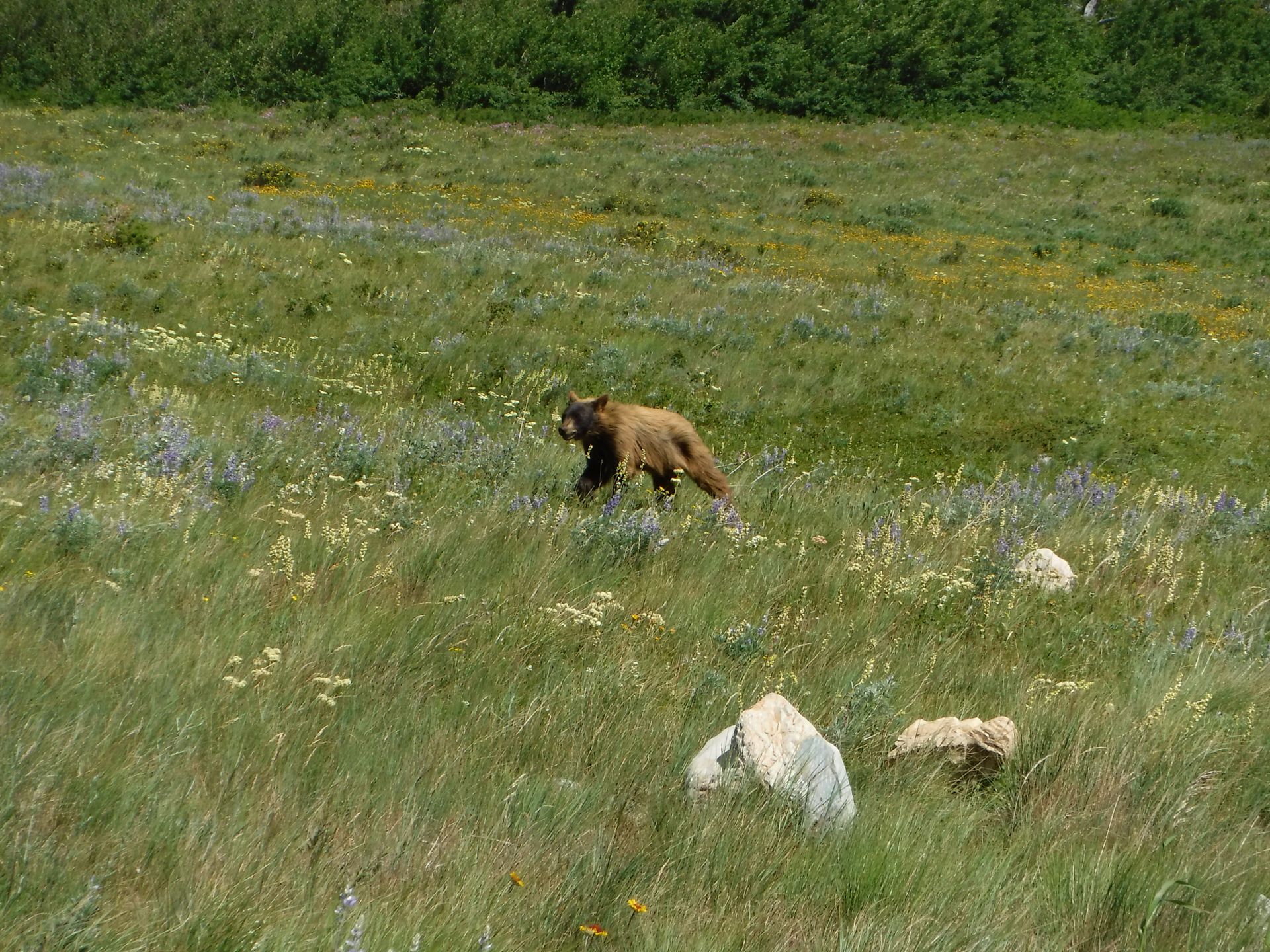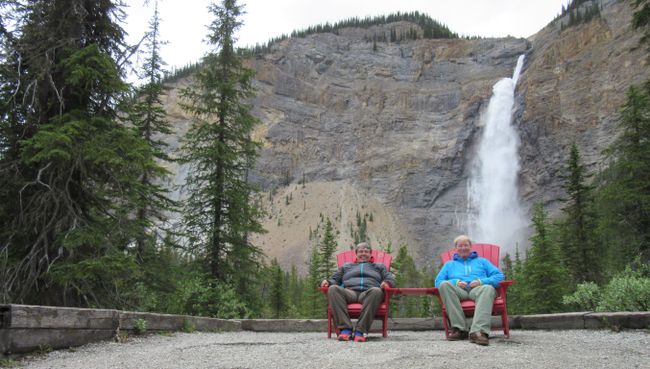Mountains, Coast, and Rainforest
Tshaj tawm: 08.06.2018
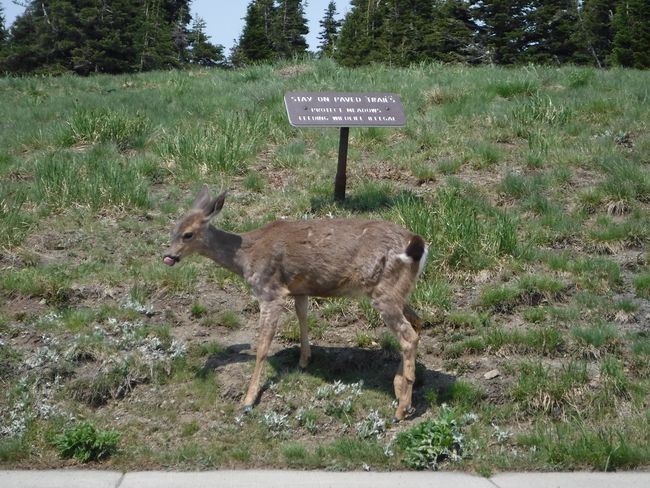
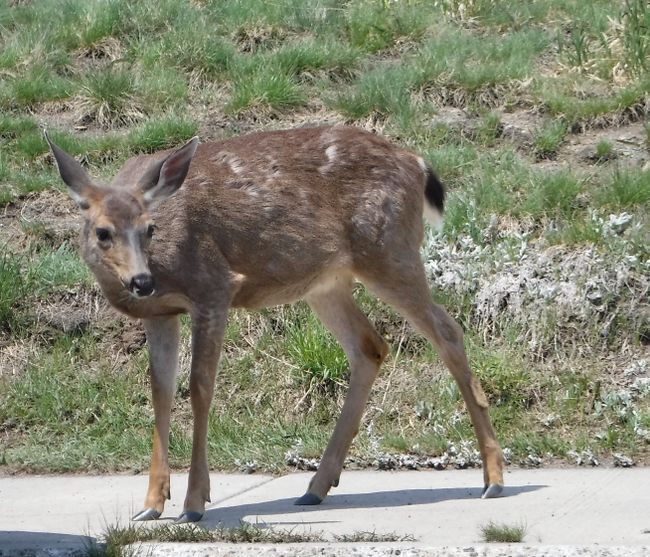
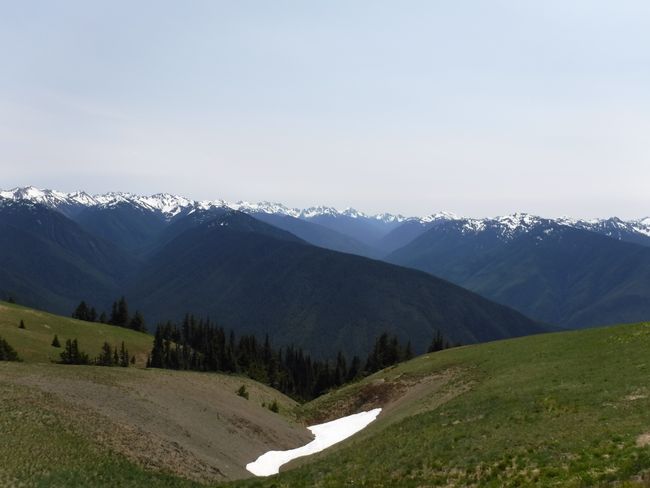
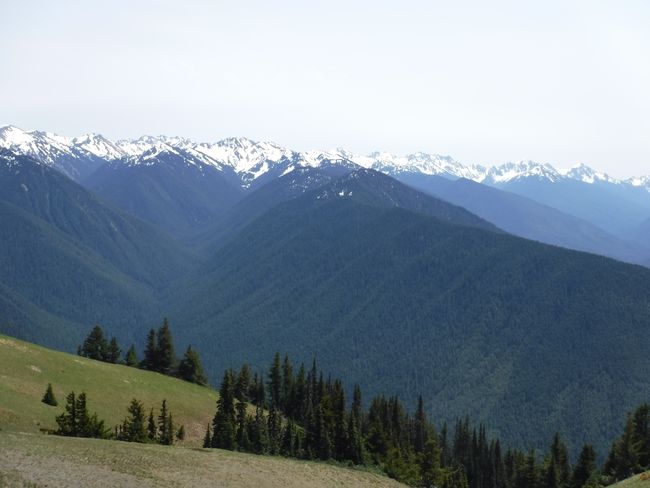
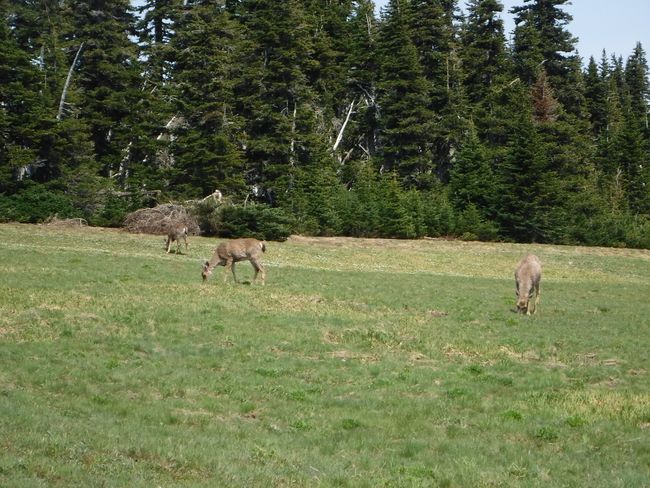
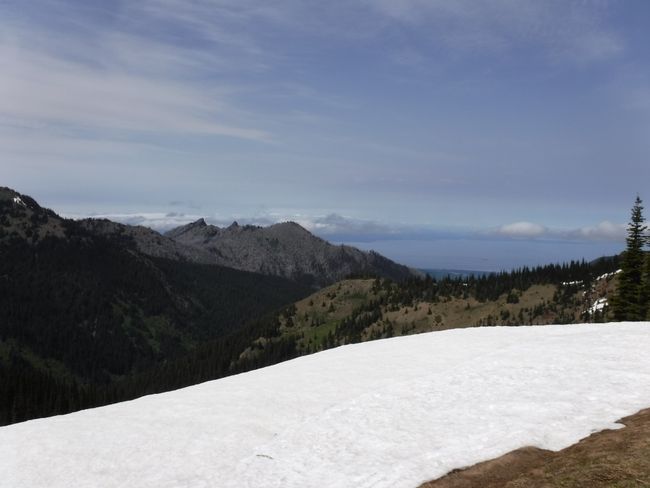
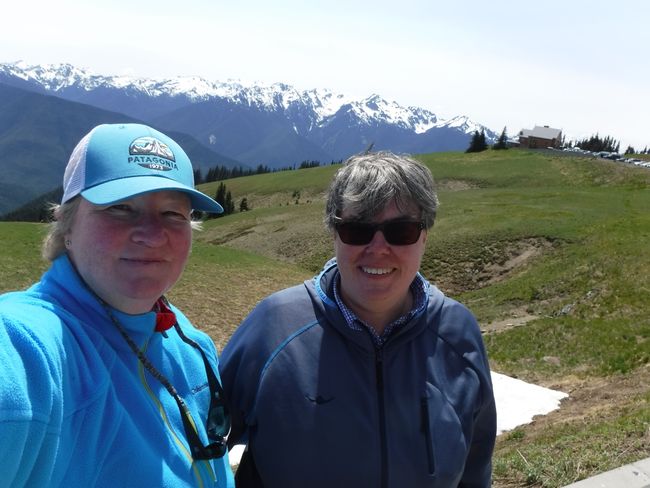
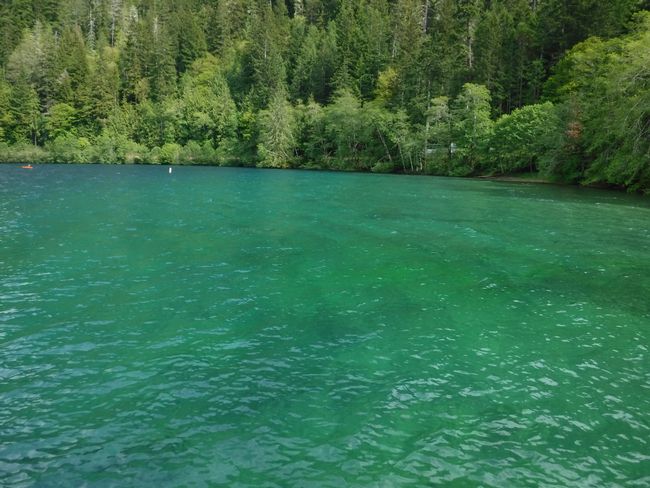
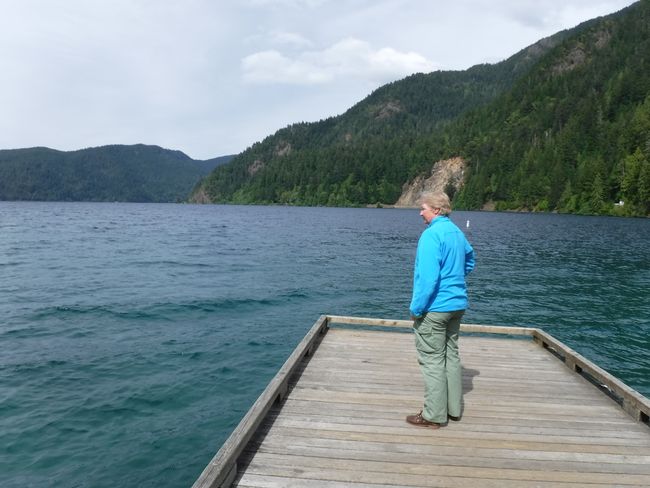
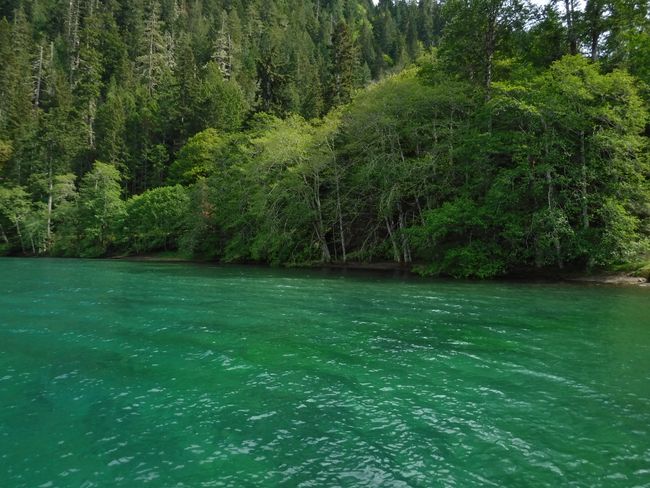
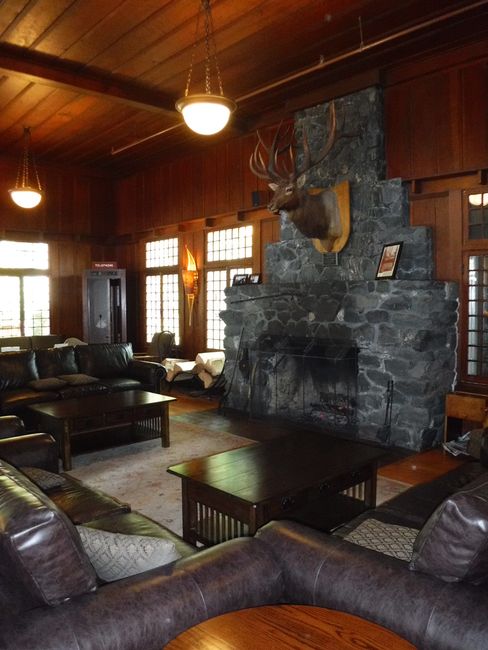
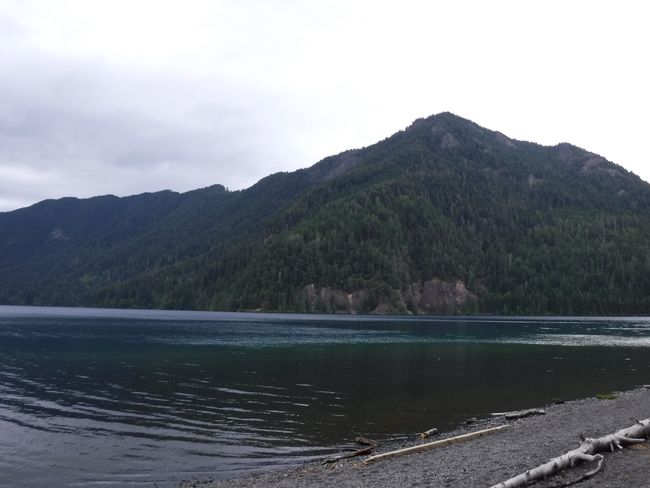
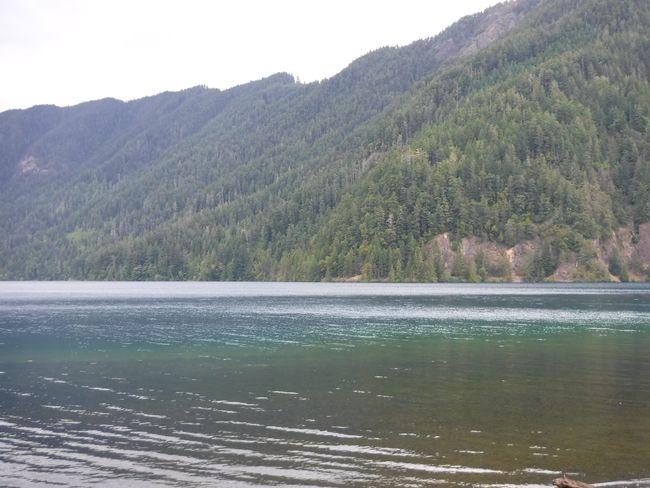
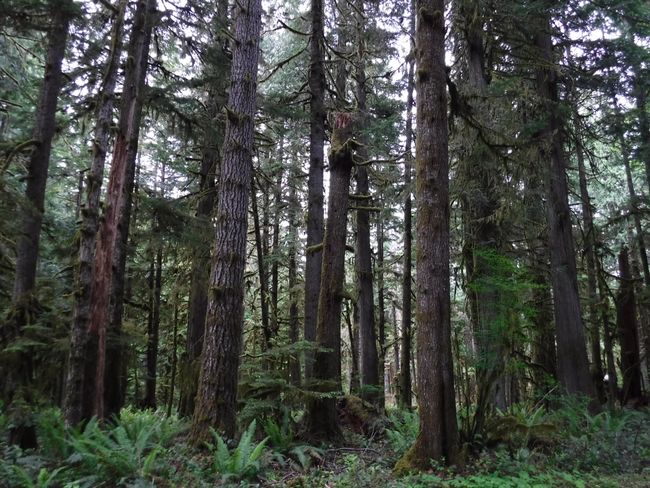
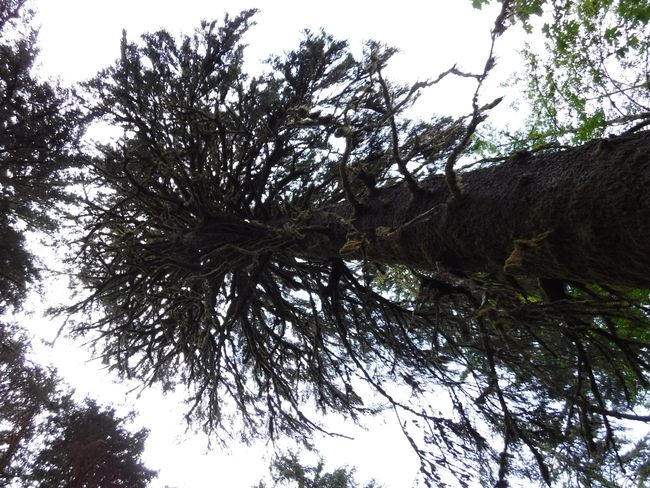
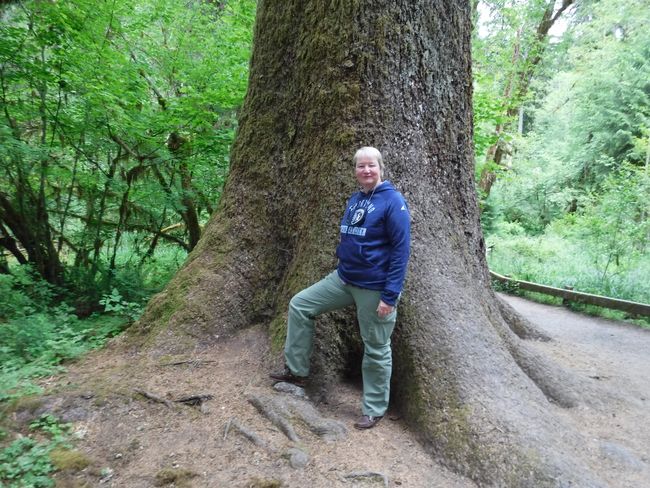
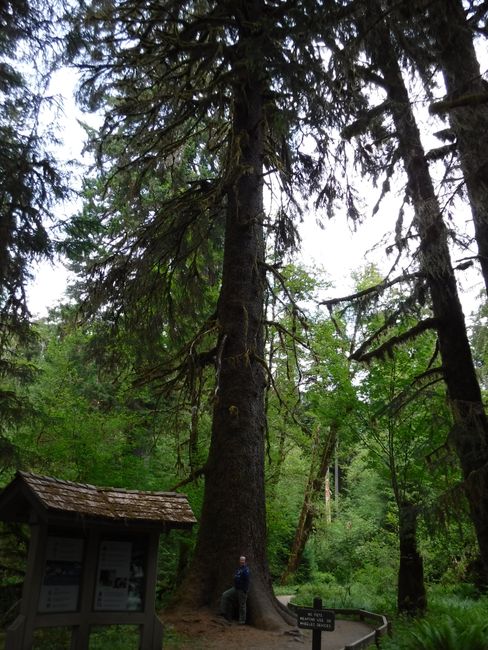
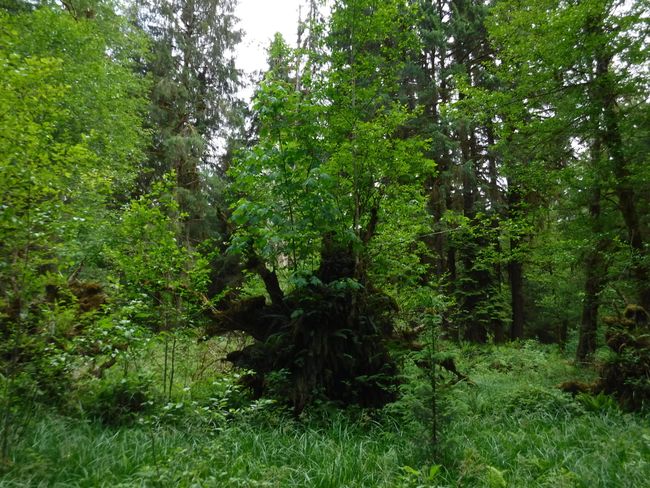
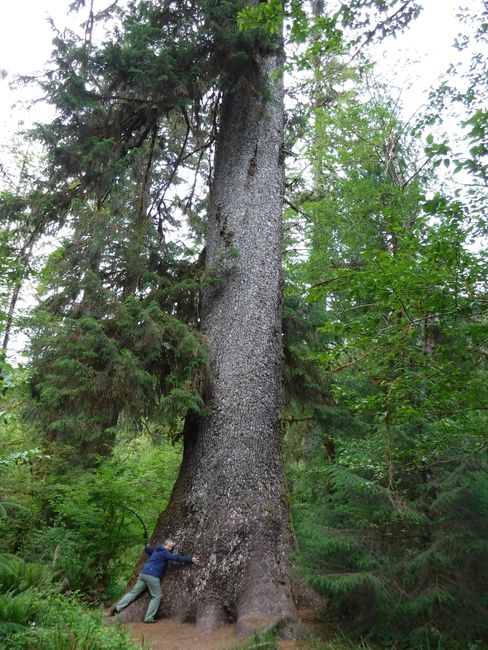
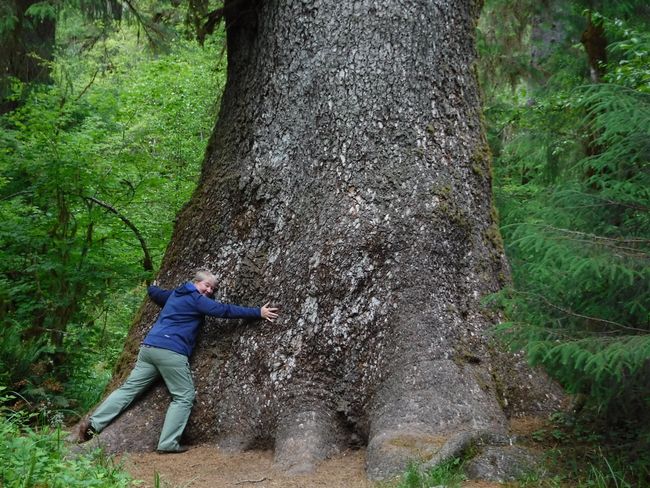
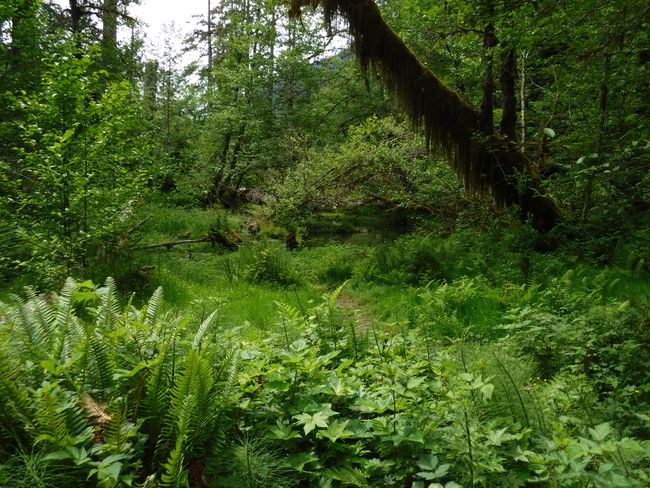
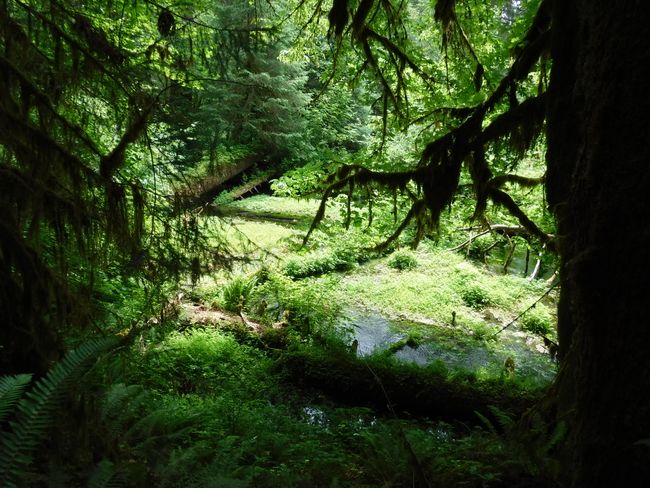
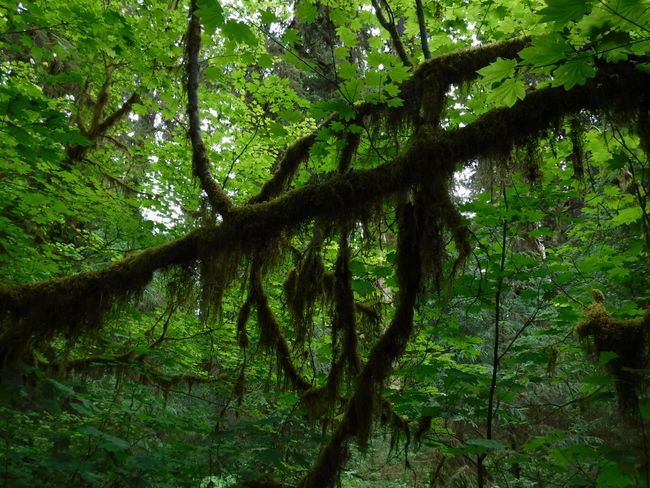
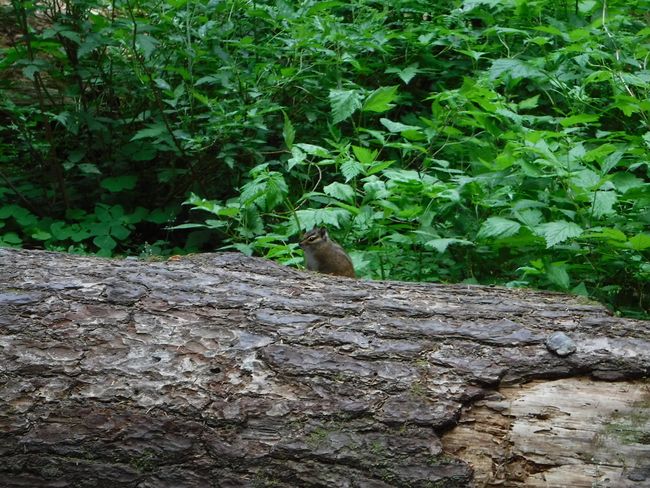
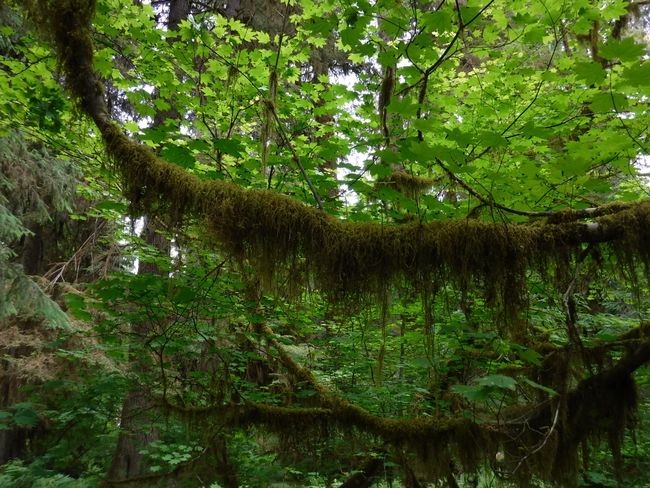
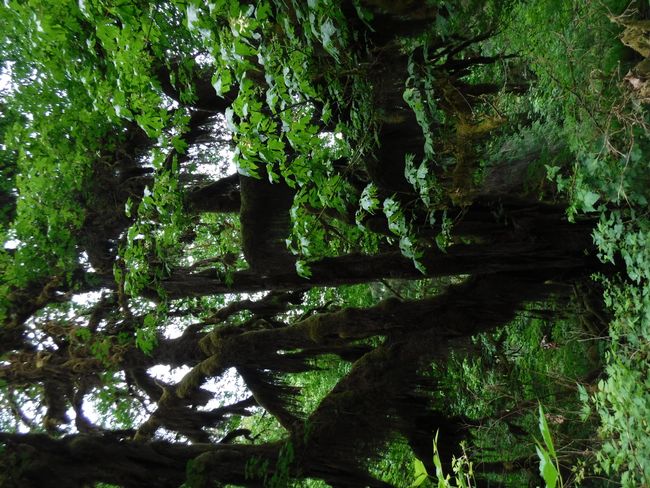
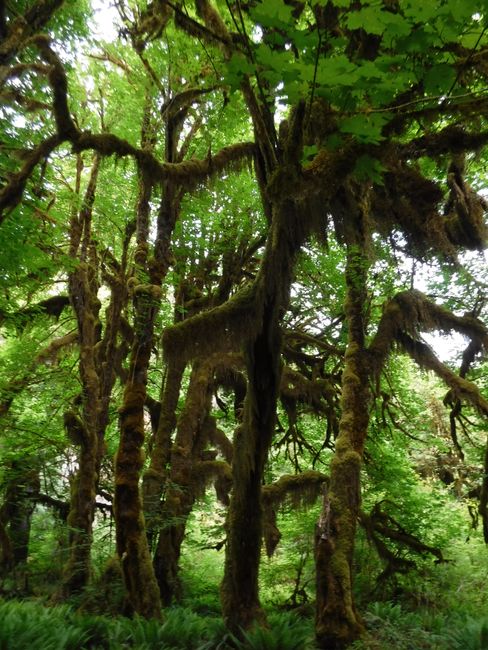
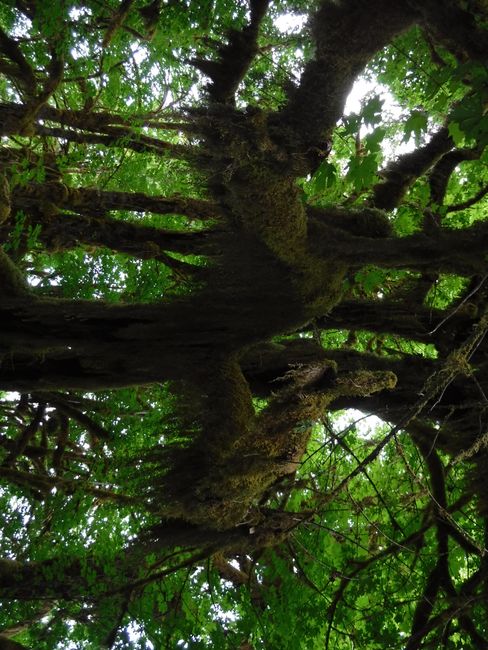
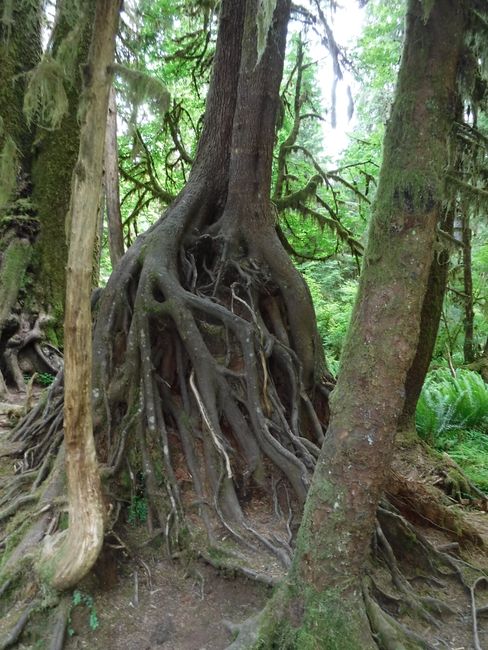
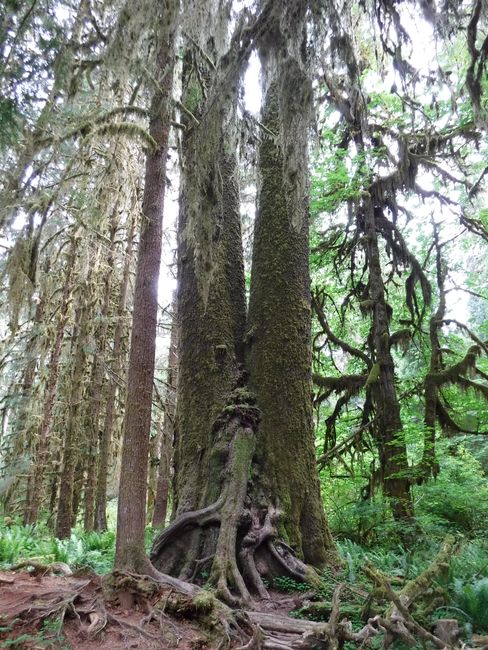
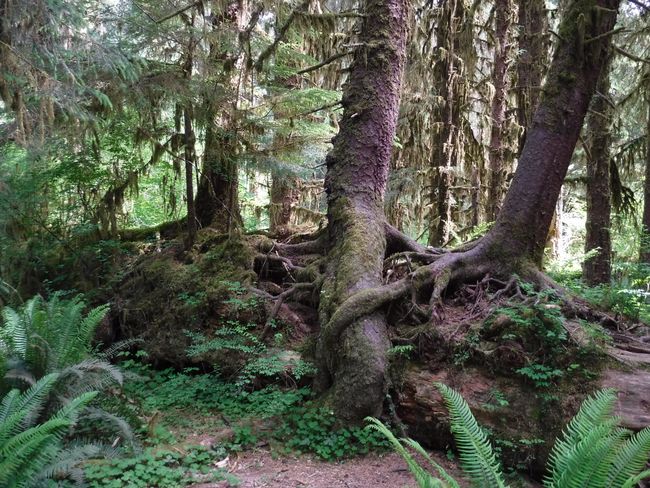
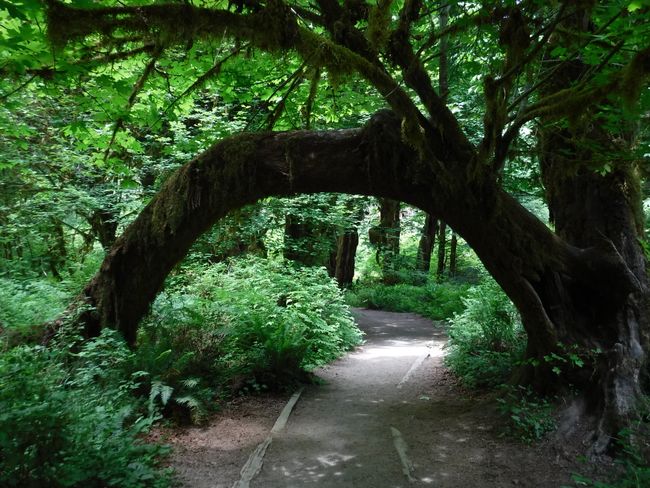
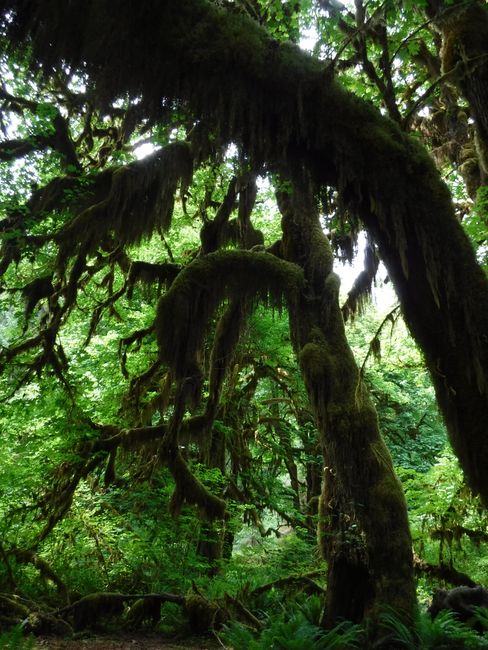
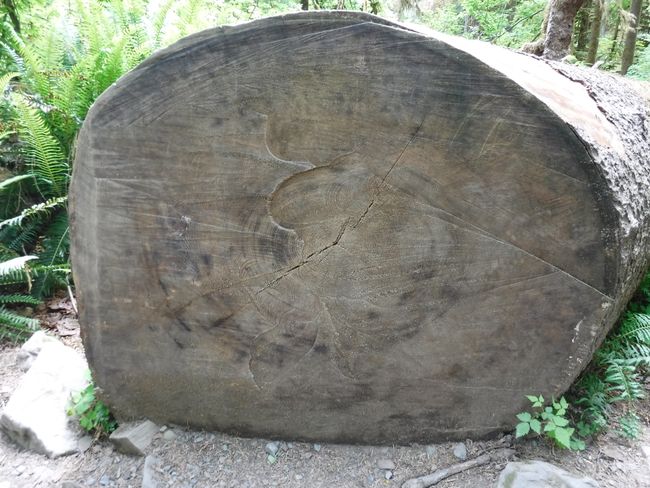
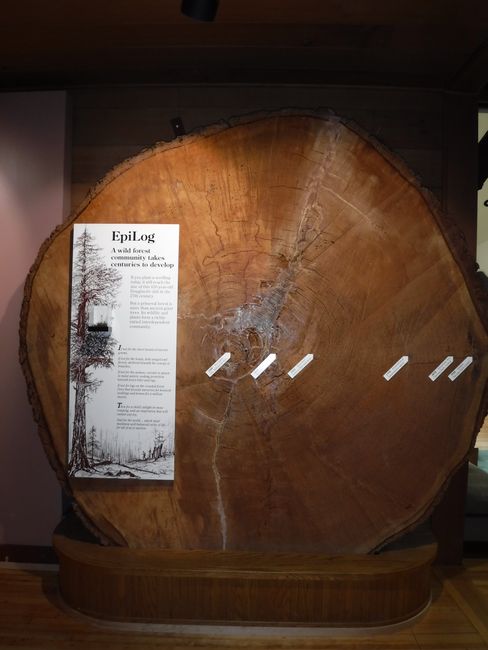
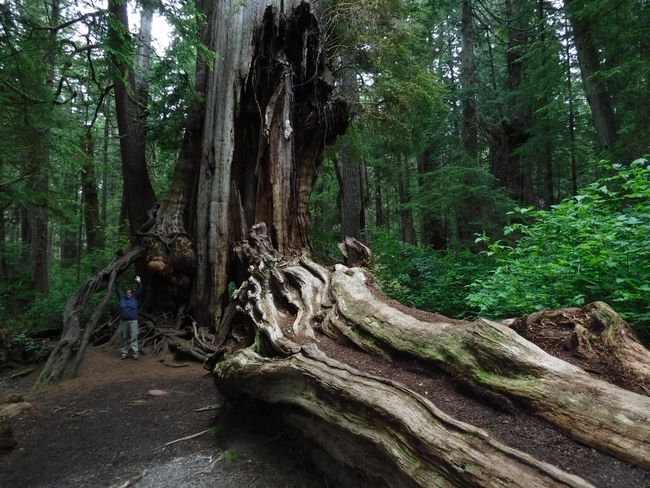
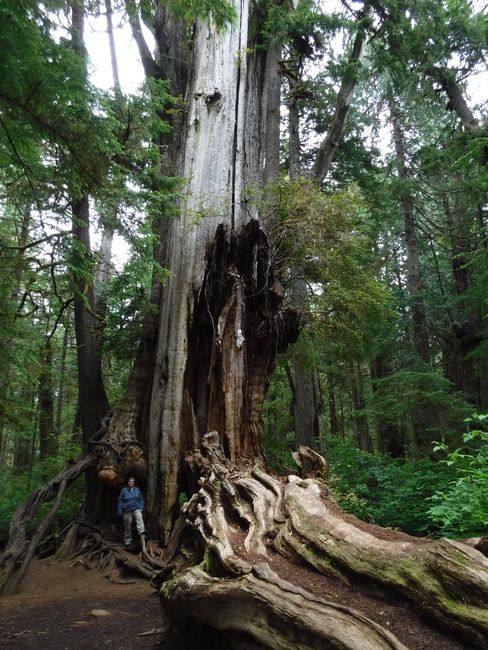
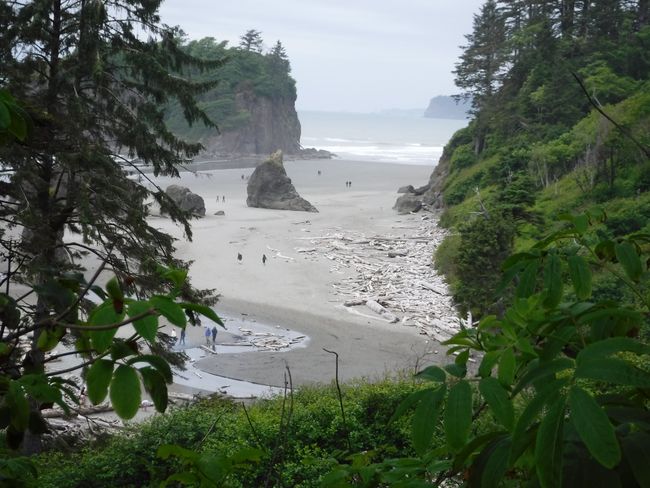
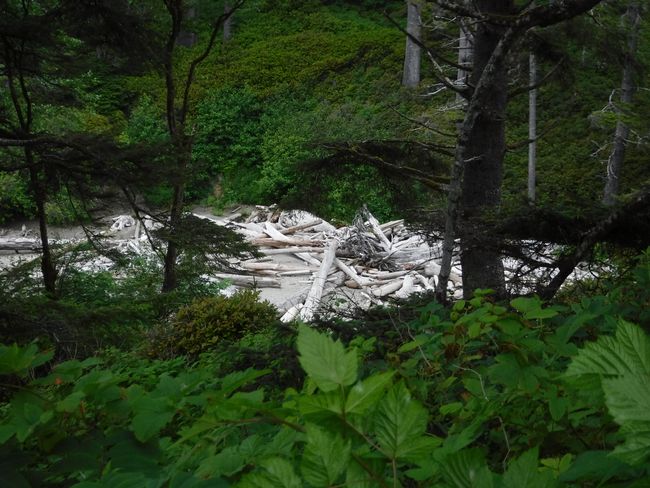
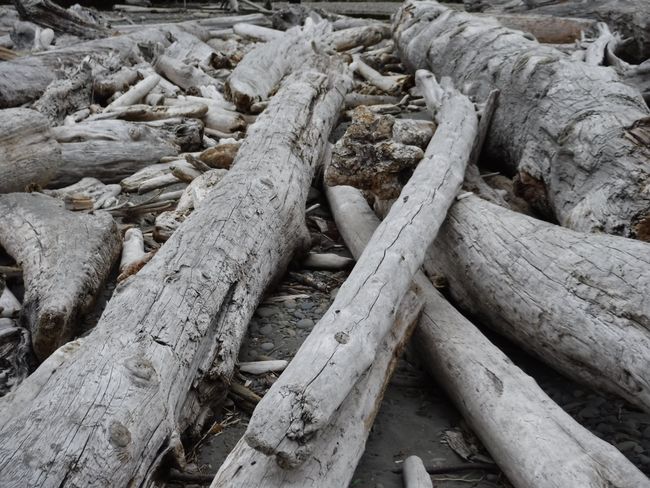
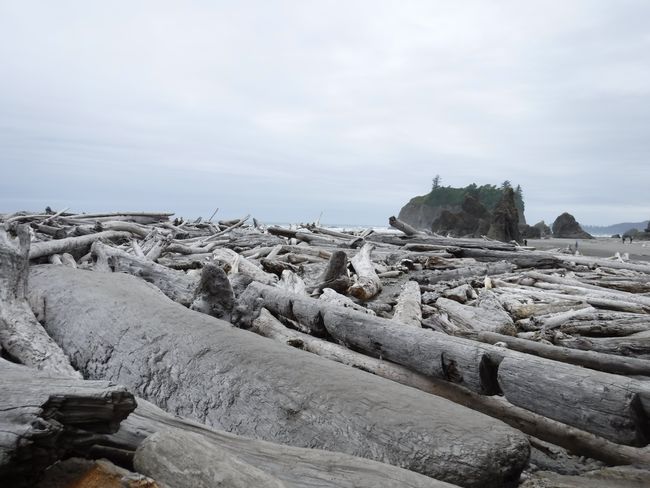
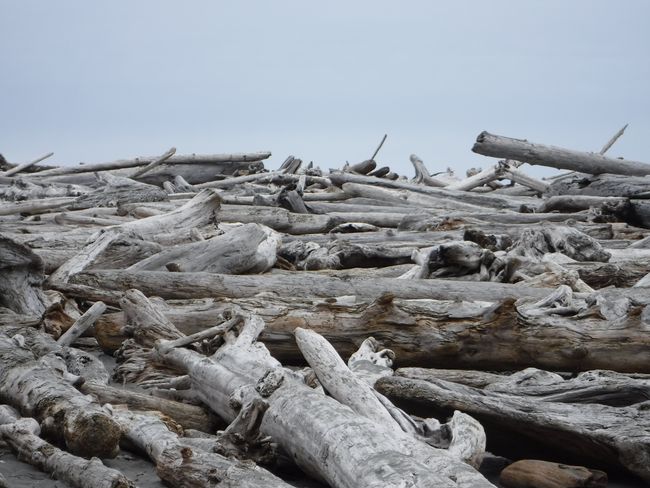
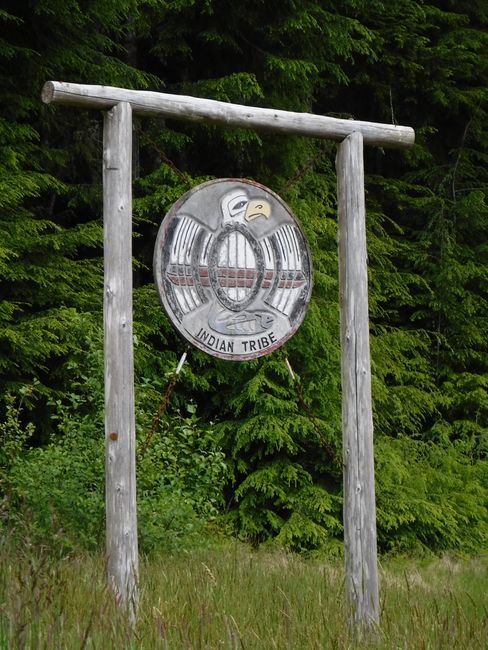
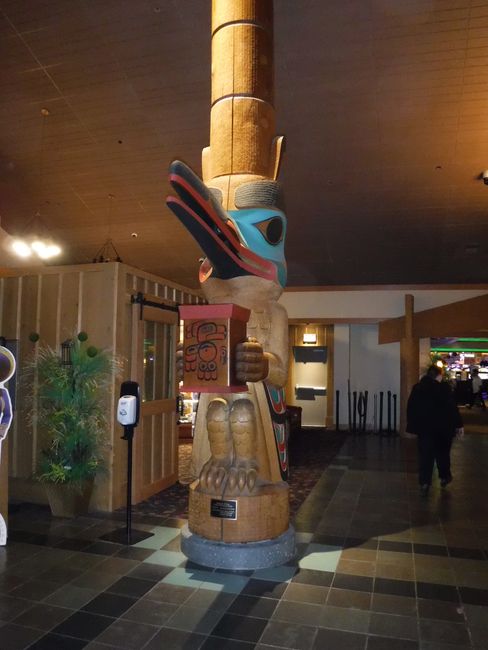
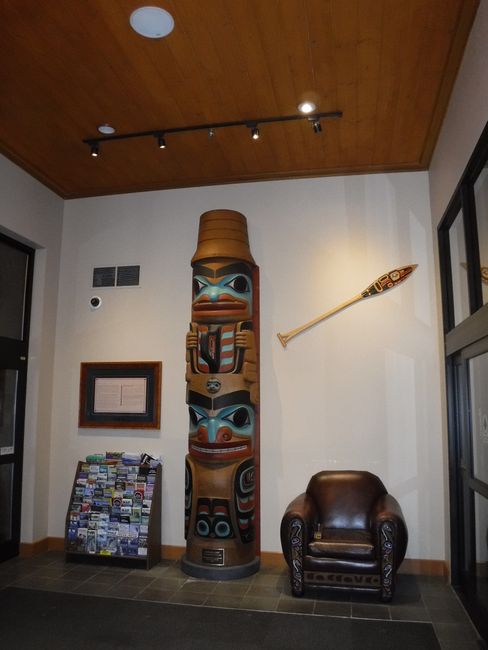
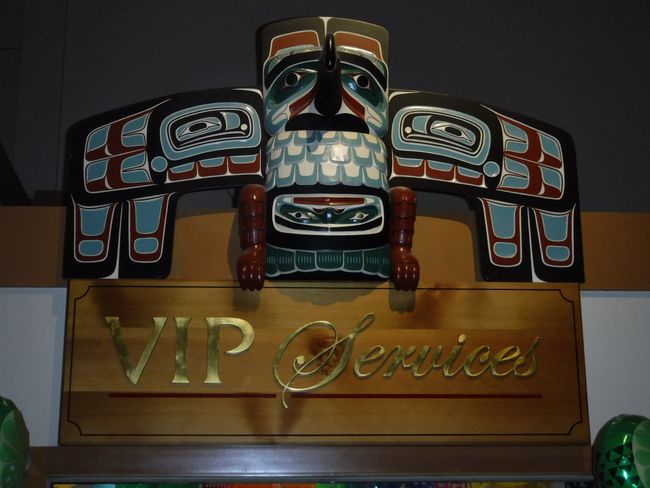
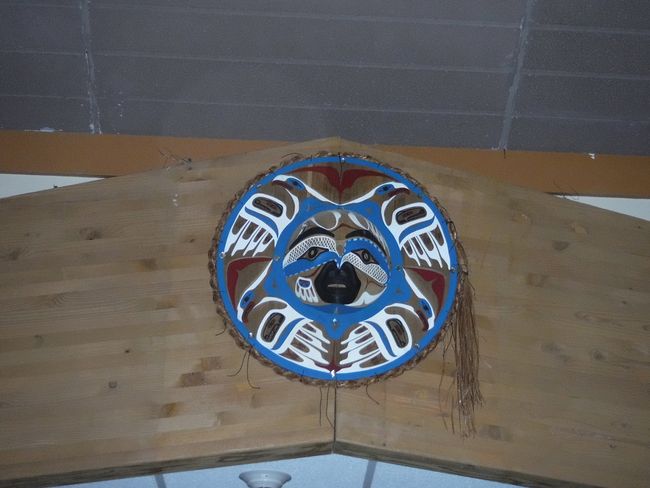
Sau npe yuav ntawv xov xwm
We have been in Olympic National Park for two days now, and it's a place like I have never seen before, and it has impressed me a lot. The national park is located on a peninsula in the far northwest of the USA (excluding Alaska). As a result, some species of animals and plants have developed here that are unique to this park. 97% of the park's area is left untouched, which is enormous for nature. For us, it meant long distances and a lot of driving. But it was definitely worth it.
The national park consists of two, actually three separate parts. Firstly, there is a rugged coastal section with lots of driftwood and untouched beaches. The core area of the park is the mountainous region around the Olympic Mountains, which are covered in many glaciers. We were here before the season started, and spring is just beginning. Accordingly, there was still quite a lot of snow on the mountains. The summer is very short in this region, and animals and plants exist here under extreme conditions. To the west of the mountains, there is a temperate rainforest. And here is the rainiest point in the USA (excluding Alaska and Hawaii).
The trees here are huge and ancient. Simply unbelievably impressive. They are mostly Sitka spruce and hemlock trees, but also Douglas firs and cedars. Many of them are over 100 years old and over 80m tall.
Due to the densely forested ground, many saplings grow on fallen trees. When these trees decay over time, the stilts-like roots are left behind. This process can take centuries and provides an important habitat for mosses, mushrooms, and small animals.
Finally, today we visited an Indian casino for the first time. In the reservations, the tribes have licenses to operate casinos, which is not allowed anywhere else except Nevada and Atlantic City. We didn't play, just had something to eat and looked around. By the way, smoking is still allowed in the casinos, which you won't find anywhere else in this country.
Sau npe yuav ntawv xov xwm
Teb
